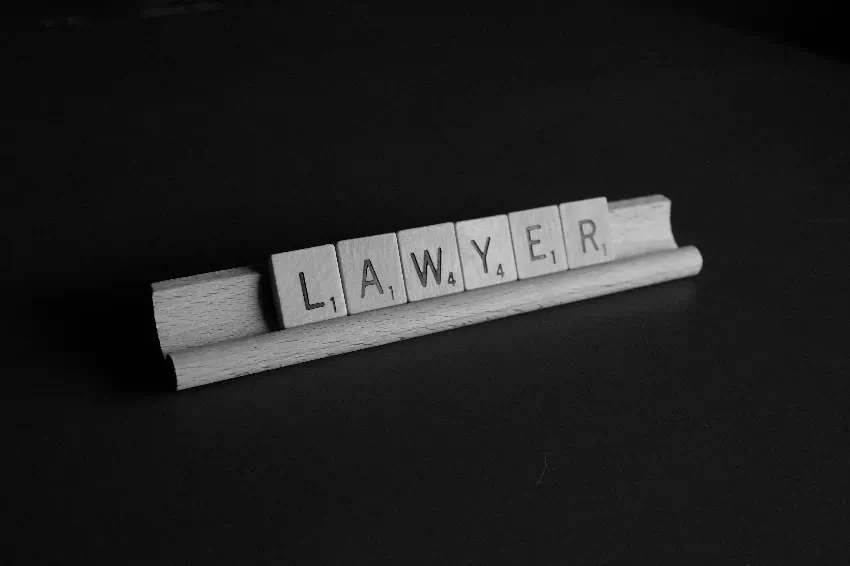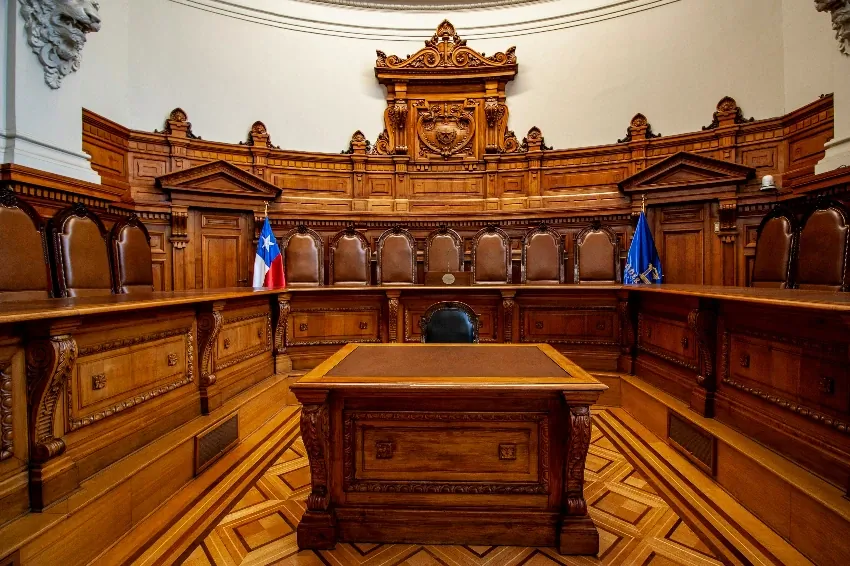
Forgery in public documents and formal requirements: Cassation no. 16012/2025 clarifies the limits of "harmless forgery"
The Supreme Court, with ruling no. 16012/2025, reiterates that the alteration of essential formal elements – presence, time, and place – constitutes the crime of forgery in public documents, excluding the thesis of harmless forgery. Let's analyze the salient passages and the implications for notaries and professionals.

Ideological falsehoods and the nature of conventions: commentary on Cassation no. 13615/2025
The Supreme Court clarifies that a convention, as an agreement between public or mixed entities, is not a public act, and therefore, its alteration does not constitute the crime of ideological falsehood under art. 479 of the Criminal Code. We analyze the key passages of the ruling and the implications for Public Administrations and professionals.

Criminal Cassation, sentence no. 9407/2025: when impersonation is absorbed into other crimes against public faith
Let's analyze the recent ruling of the Court of Cassation no. 9407 of 2025 on the reservation clause of art. 494 c.p.: a single conduct can absorb impersonation, while multiple autonomous actions generate a concurrence of crimes. Practical implications and defense strategies.

Private ideological forgery in public deed: the Court of Cassation n. 15887/2025 defines the boundaries of "gross forgery"
The Supreme Court, with judgment no. 15887/2025, intervenes on the crime of ideological forgery under art. 483 of the Criminal Code, establishing when errors and omissions in a substitute declaration can still mislead the Public Administration. A practical commentary for professionals and candidates for public competitions.

Commentary on the Judgment of the Court of Cassation, Criminal Section VI, No. 45840 of 2024: Embezzlement and Forgery in Public Deed.
Let's analyze the ruling of the Court of Cassation that upheld the conviction for embezzlement and material falsifications in public acts, highlighting the legal implications and the reasons for the decision.

Analysis of the Judgment of the Court of Cassation, Criminal Section VI, No. 27723 of 2018: Extortion and Forgery in Public Documents.
An in-depth analysis of the ruling of the Court of Cassation regarding the crimes of extortion and forgery in a public document, with particular attention to the responsibilities of the public officials involved.

Supreme Court Criminal Judgment No. 35353/2010: Clarifications on the Admissibility of Complaints in Cases of Fraud and Forgery.
Let's analyze the ruling Cass. pen. no. 35353/2010, which provides important insights into the prosecutability of fraud and forgery offenses, highlighting the need for a correct indictment by the Public Prosecutor and the role of the withdrawal of the complaint.